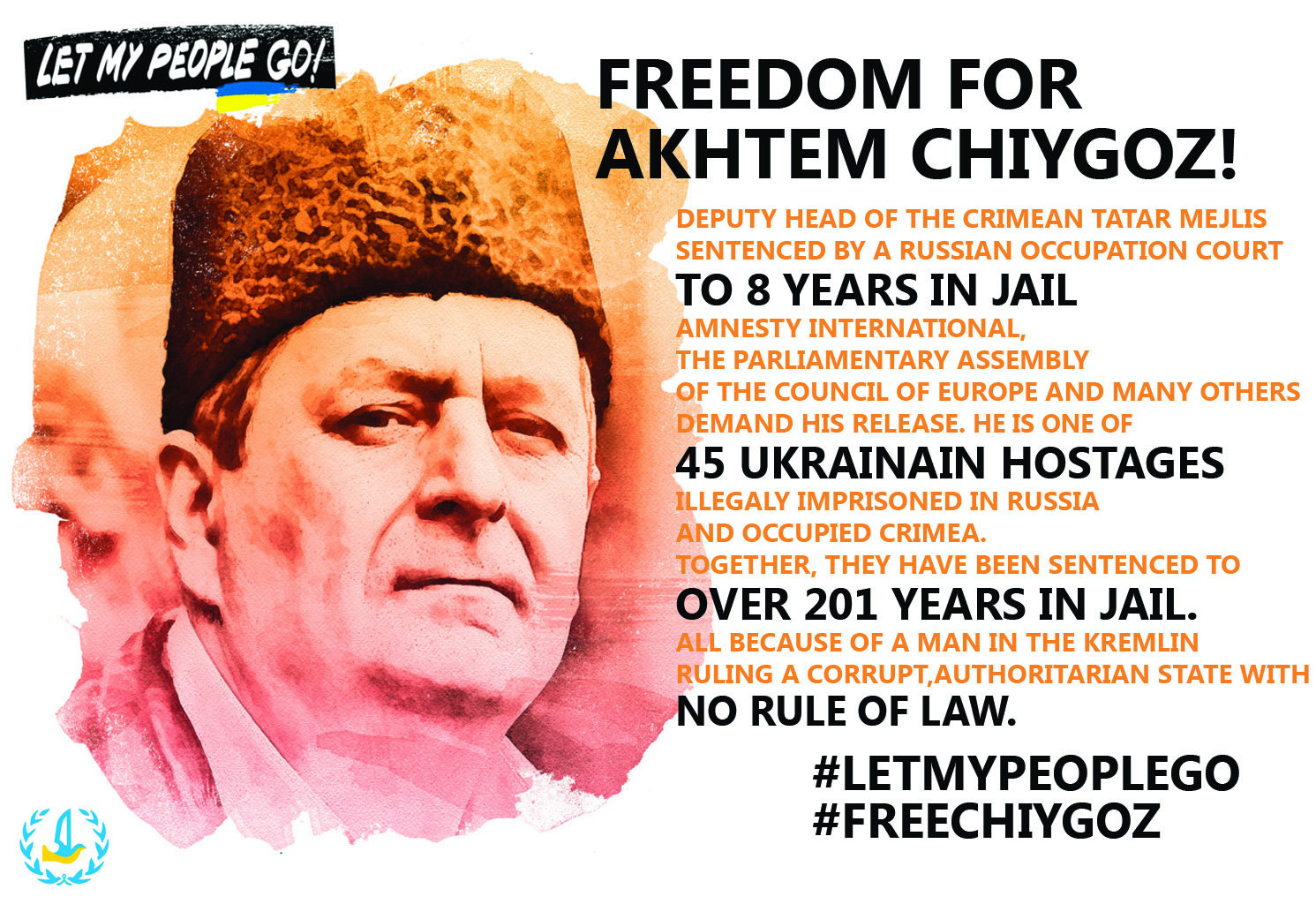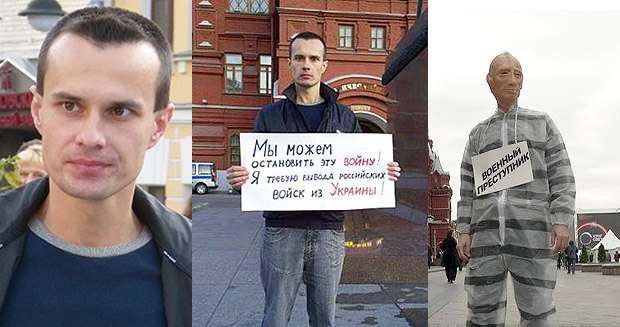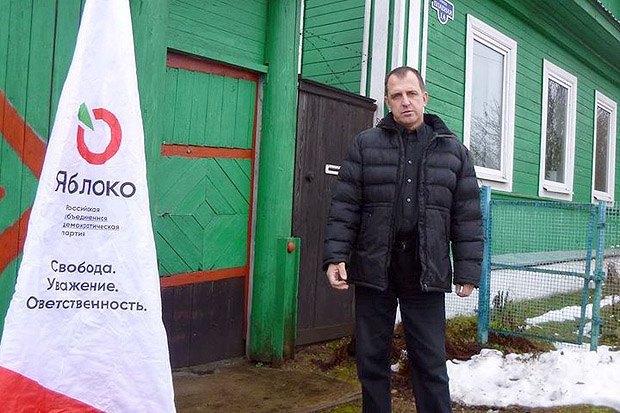Although serfdom was officially abolished in 1861, its underlying principles live on in Russian thinking and official practice, Kseniya Kirillova says, with most Russians accepting the idea, backed by the Kremlin, that someone born in Russia “forever remains ‘the property’ of this country.”
Such a person, she says
, as three current cases show, “cannot choose for himself another motherland, another country or even occupy another side. He does not have the right to support those whom Russia has declared to be enemies and in general doesn’t have the right of choice of an identity.”
The three cases, involving Akhtem Chiygoz, a Crimean Tatar in Russia-occupied Crimea, a second, Denis Bakholdin, a pro-Ukrainian Russian, and Vladimir Yegorov, an activist of Yabloko
opposition party, appear quite dissimilar, Kirillova says; but in fact, they all show that “the logic of serfdom” continues to dominate Russian thinking and practice.
 That is perhaps not surprising given that as recently as 2014, Valery Zorkin, then chairman of the Russian Constitutional Court, publicly expressed regret that serfdom had been abolished because it was, he said, one of the chief factors binding the Russian nation together into a single whole.
That is perhaps not surprising given that as recently as 2014, Valery Zorkin, then chairman of the Russian Constitutional Court, publicly expressed regret that serfdom had been abolished because it was, he said, one of the chief factors binding the Russian nation together into a single whole.
But Zorkin was wrong to think serfdom was really abolished, Kirillova says. It continues to inform Russian official thinking. “No legal factors can shake this fanatic certainty of the Kremlin [that] any individual born in Russia or somehow connected with it to the end is required to remain loyal to [the master].”
No one born a Russian, “according to the logic of the Kremlin,” can become an American or a German. He or she will remain for all time “’a defective Russian.’” And that view is so strongly held that even if the Kremlin doesn’t derive any direct benefit from persecuting those who cross it on this point, the Russian powers that be continue in that tradition.

Sometimes they attempt to kidnap people. Other time, they simply “liquidate” them. But they invariably make “absurd accusations of treason” against people who have done nothing deserving that classification. They even engage in “’Russification of the dead,’” claiming or reclaiming for the Russian nation those who fled Russia and took citizenship in other countries.
The Russian authorities have extended this notion to occupied Crimea, clearly believing that since Moscow has absorbed it, it has made it a region with serfdom as well. Its residents must accept the new powers and become Russians. To do otherwise is to challenge the power of the lord.
Still worse, Kirillova continues, Moscow extends the notion of serfdom beyond individuals to “entire regions and peoples” whom it does not regard as having any right to self-determination. But worst of all is this: this attitude is not confined to the powers alone. It is shared by the overwhelmingly majority of Russians, including many living abroad.

One might even speak of this as a manifestation of “’the Stockholm syndrome of serfdom.’” As a result, those who want to escape “’the Russian world,’” just like those who want to escape “’a Satanic cult’” do not have a chance to “leave either alive or dead” in the view of the masters of those cults.
At least, they don’t, Kirillova says, “until ‘the empire’ itself collapses, having met a worthy response to its aggression” against others.
Related:
- Russia’s show trial and sentence against Crimean Tatar leader Chiygoz. What you need to know
- Another “terrorist”? Russian FSB kidnaps, tortures Crimean Tatar to obtain false “confession”
- World powers, human rights organizations indignant about Russia’s conviction of Crimean Tatar leader
- Donbas residents increasingly want to return to being part of Ukraine, Bekeshkina says
- Imam of Iranian Sunni Muslims condemns Russia’s persecution of Crimean Tatars
- Russian judges deny Crimean Tatar hostage last meeting with dying mother

